Xianwei Reading Club | The Way of Living in the Tao Te Ching
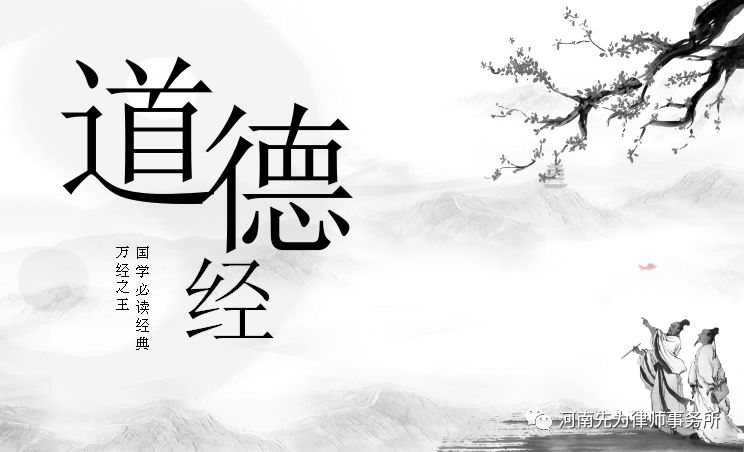
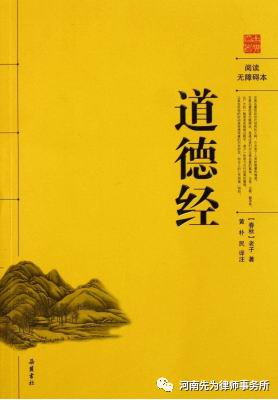
First, let's share the ninth issue of the book club
The Tao Te Ching

Introduction
In the early autumn afternoon, when all things are gradually becoming abundant, the ninth session of the book club was held to share. In this book sharing activity, Lawyer Zhang Yashu from my institution brought you the classic Taoist work "Tao Te Ching", leading you on a journey of seeking gifts and asking questions.
Reading sharing
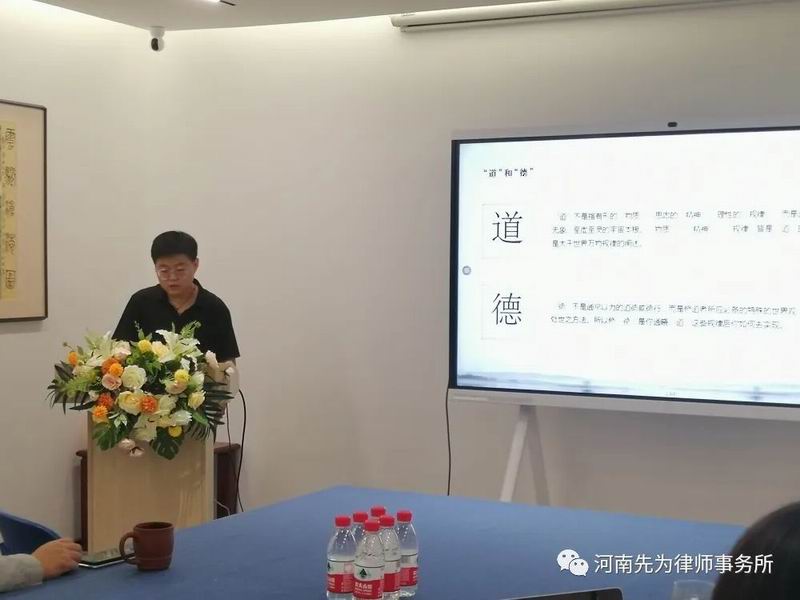
Laozi and his Tao Te Ching have an inseparable connection with the city of Luoyang itself. According to the Records of the Grand Historian, Laozi served as a historian in charge of archives and classics during the Zhou Dynasty. He worked and lived in Luoyang for a long time, and Confucius also bowed to him during the Zhou Dynasty. The Tao Te Ching was written in Luoyang, and after resigning from his position, Laozi rode a green ox westward and hid in Laojun Mountain.
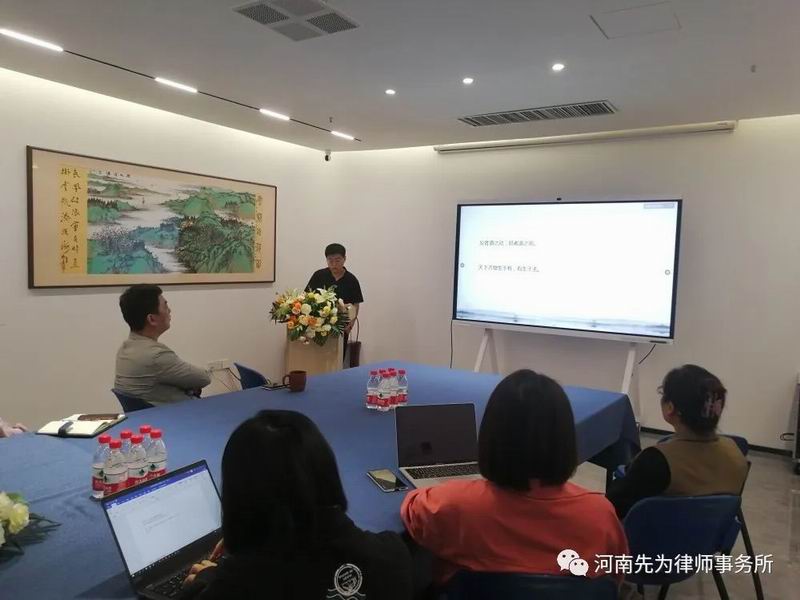
Laozi's "Tao Te Ching" is not only a representative work of Taoist philosophy, but also revered as the head of various scholars and the king of all classics. Although the Tao Te Ching only has over 5000 words, it contains extremely rich wisdom in various aspects such as philosophy, politics, military, education, and life and society. The Tao Te Ching places humans in the infinite time and space of nature to explore the relationship between humans and nature, humans and humans, and the body and mind. Through reverse thinking, it raises many significant issues that were overlooked by contemporary people. Laozi believed that "Dao" is the collective term for all laws and truths between heaven and earth, which is a whole and an objective existence; "De" refers to the laws and nature of specific things, which are individual and subjective. At the same time, the Tao Te Ching emphasizes dialectical observation and handling of problems, recognizing that things such as existence and non existence, high and low, front and back, good and bad, and good and evil can only appear in opposition to each other. Its theory has a profound impact on the development of Chinese philosophy.
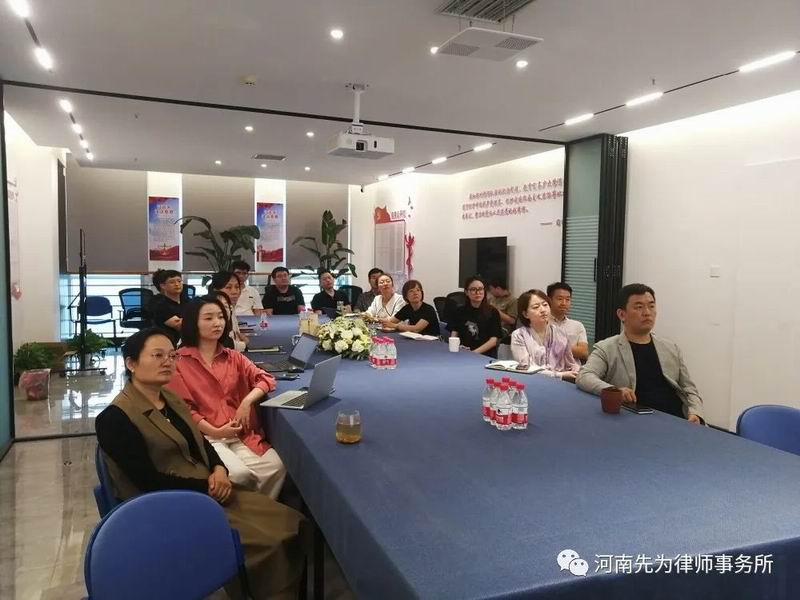
As a classic philosophical classic, Lawyer Zhang Yashu shared Laozi's discourse on existence and non existence, favor and disgrace, movement and stillness, selfishness and selflessness, as well as war and equality in the Tao Te Ching. Combined with some of the confusions and anxieties that lawyers encounter in their daily work and life, she shared her insights and understanding of life with everyone. Through Laozi's words, she dialectically viewed the difficulties we encounter, so that we can better and more calmly approach work and life, and also gave everyone another inspiration and reflection on life from the classics.